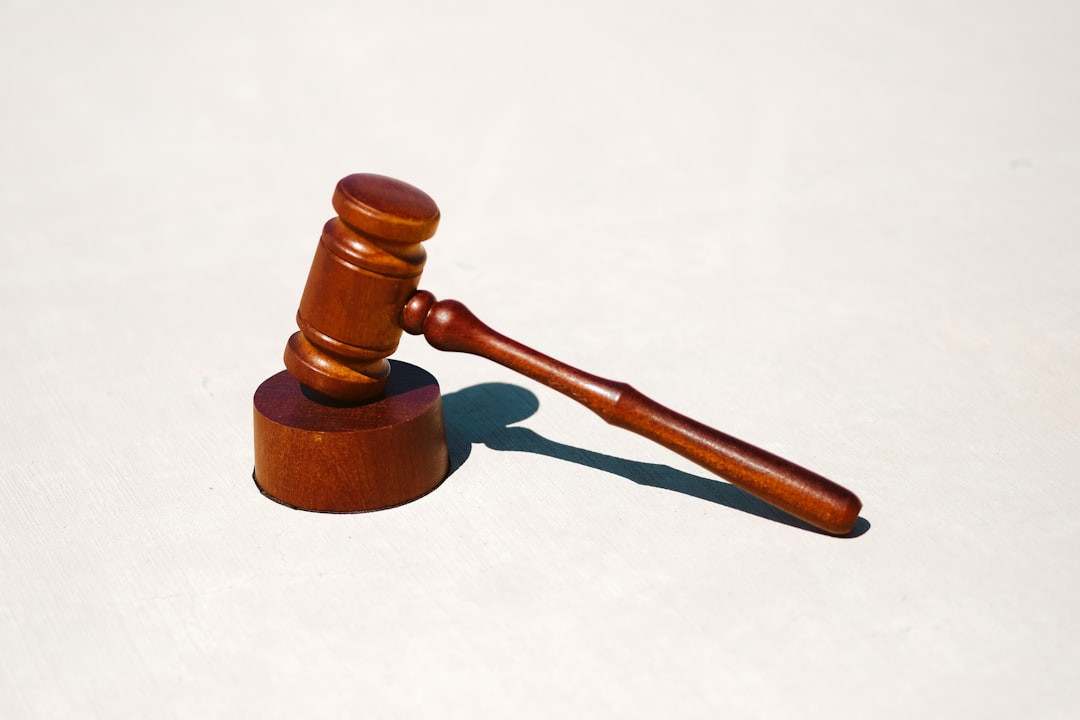Massage abuse attorneys in Austin, TX protect survivors by focusing on informed consent and client autonomy, ensuring voluntary agreements free from coercion. They navigate legal complexities while upholding ethical standards, prioritizing confidentiality and privacy to create safe spaces for clients. These lawyers exhibit cultural sensitivity, personalized support, and empathy, encouraging open communication for stronger cases. During cross-examination, they balance truth-seeking with retraumatization risks, employing cautious questioning and respectful boundaries. Beyond legal representation, they advocate for survivors' emotional well-being, offering guidance, resources, and support groups to aid healing and reconstruction post-trauma.
In Austin, Texas, where wellness practices thrive, the ethical representation of massage abuse survivors by lawyers is a critical issue. This article explores key considerations for attorneys navigating these sensitive cases. We delve into understanding consent and client autonomy in massage therapy contexts, balancing confidentiality and privacy, the importance of empathy and cultural sensitivity, ethical challenges during cross-examination, and resources to support survivors’ emotional well-being. For Austin TX massage abuse attorney seeking to provide optimal legal service, this guide offers invaluable insights.
Understanding Consent and Client Autonomy in Massage Therapy Cases

In cases involving massage therapy and alleged abuse, comprehending consent and client autonomy is paramount for lawyers in Austin, TX. Consent must be clear, informed, and voluntary—uninfluenced by any form of coercion or manipulation. This involves ensuring clients fully understand their rights, including the right to refuse or terminate services at any time. Lawyers representing survivors must carefully navigate these dynamics, balancing the client’s autonomy with a thorough understanding of potential legal implications.
Massage abuse attorneys in Austin play a crucial role in protecting the rights and dignity of survivors. They must be adept at gathering evidence, documenting interactions, and recognizing patterns indicative of abusive practices. By prioritizing informed consent and client autonomy, lawyers can effectively advocate for their clients while upholding ethical standards in the legal process.
Confidentiality and Privacy: Balancing Survivor Needs and Legal Obligations

Confidentiality and privacy are paramount in legal representation, especially when working with survivors of abuse. As a massage abuse attorney in Austin, TX, navigating these delicate matters requires a nuanced understanding of both ethical responsibilities and the unique needs of these individuals. Lawyers must balance their legal obligations to maintain client confidentiality while ensuring the safety and well-being of survivors who may be vulnerable to further harm or exploitation.
This involves careful handling of sensitive information, strict adherence to privacy laws, and establishment of clear boundaries within the attorney-client relationship. It’s crucial to provide a safe space for survivors to share their experiences without fear of judgment or disclosure, while also recognizing the legal limits and ethical duties that come with representing such clients.
The Role of Empathy and Cultural Sensitivity in Legal Representation

When representing survivors of abuse, especially in a diverse city like Austin, Texas, lawyers must approach their work with empathy and cultural sensitivity. This means understanding and recognizing the unique challenges faced by each client, many of whom may have experienced trauma and vulnerability. A massage abuse attorney in Austin TX should create a safe and non-judgmental environment, ensuring clients feel heard and respected.
Cultural sensitivity involves being aware of the client’s background, beliefs, and potential language barriers, adjusting communication styles accordingly, and providing support that aligns with their cultural norms. This personalized approach fosters trust, encouraging clients to share sensitive details of their experiences openly, which is crucial for building a robust legal case.
Ethical Challenges in Cross-Examining Accused Therapists

When a client, particularly a survivor of massage abuse in Austin, TX, seeks representation from a lawyer, ethical challenges arise during cross-examination of accused therapists. Lawyers must balance their duty to uncover the truth with the sensitivity required when dealing with such sensitive and traumatic topics. The potential for retraumatization is a significant concern, as survivors may relive their experiences while testifying or responding to questioning.
Attorneys representing massage abuse victims in Austin must exercise caution and utilize ethical strategies during cross-examination. This includes avoiding sensationalism or emotionally charged language that could further harm the survivor’s mental state. Instead, lawyers should focus on methodical questioning, meticulously examining evidence, and presenting a compelling case while maintaining respect for the survivor’s boundaries and well-being.
Supporting Survivors: Advocacy and Resources for Emotional Well-being

When representing survivors of massage abuse, attorneys in Austin, TX play a vital role in supporting their emotional well-being. Advocacy goes beyond legal representation; it involves creating a safe space and providing resources to help clients navigate the aftermath of trauma. This can include referring survivors to mental health professionals, counseling services, or support groups tailored for victims of sexual assault.
Lawyers can also empower survivors by educating them about their rights and options, ensuring they feel heard and understood throughout the legal process. By offering continuous support and guidance, massage abuse attorneys in Austin TX can foster healing and help clients rebuild their lives, contributing significantly to their emotional recovery.






